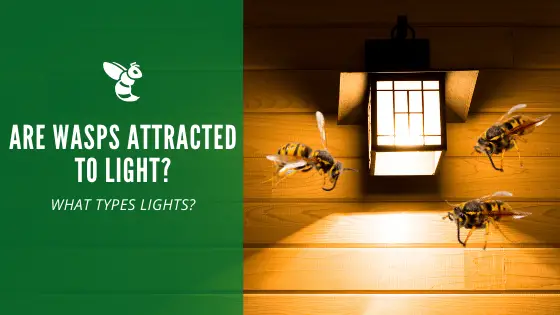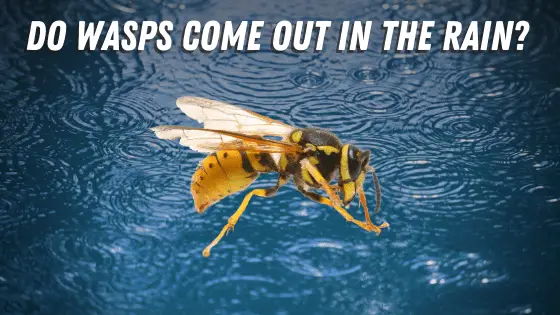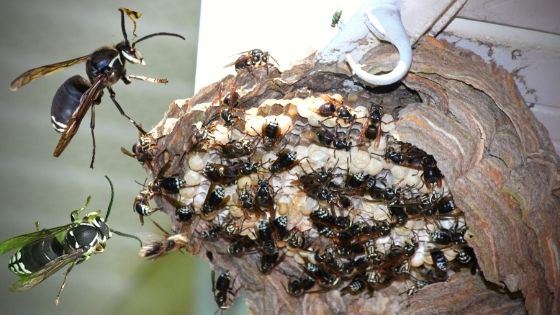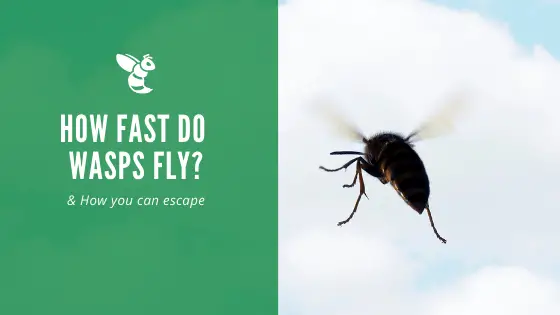Are Wasps Attracted to Light

Wasps provide an important method of pollinating local landscaping and balance our environment with their consumption of nectar and other insects. Learning how wasps function, how they thrive, and how to live alongside them can help you understand their existence a little bit better.
You may be wondering where they build their nest, how they reproduce, and whether or not they are attracted to light. Wasps are attracted to light like many other insects but do you know why and how to avoid them safely?
Do Wasps Prefer Light or Dark?
When the sun goes down, you’ll generally find wasps inside of their nests. While they do come out in certain circumstances, the nighttime hours are when they’re resting just like us.
Of course, they may come out of their nest if they’re attracted to a bright light source. Typically a wasp isn’t going to come bothering you in a dark area. They like to tend to their young and the nest when it’s dark.
They aren’t very aggressive during this time, so you can take advantage of this fact if you need to remove a nest.
Are Wasps Attracted to Light at Night?
When the sun goes down, you’ll notice that many insects come out to swarm around various sources of light. There might be an exterior light on your porch, balcony, patio, or nearby street light. You may even wake up in the morning to several dead insects that got trapped in a spider’s web near your light fixture.
Wasps come out of their nests in the late evening, so you may see them around a light source. Especially in the summer months, when temperatures are still very warm at night, you may even hear some buzzing wasps late into the evening hours.
If you have a bonfire going in your yard at night when it’s dark out, this is one situation that wasps will avoid. For one, they aren’t a big fan of being inside a cloud of smoke. It’s very irritating to them.
While the fire is giving off both light and heat, they understand that this could be dangerous to them if they get too close. You should be protected from wasps and other insects when you’re sitting near a fire outside.
Are Wasps Attracted to UV Light?
Wasps that are flying around at night will prefer certain types of light and shades of color. Lights with blue or purple hues are more preferred. They also find ultraviolet light attractive compared to other sources of light.
Wasps have eyes that are very different from humans. Their eyes are positioned on the sides of their head, making them see colors and light in a much different way than we do. This information may help you choose a light source for your property that will deter wasp activity.
You may notice that wasps are attracted to UV light on your property. They didn’t travel far to get to that light, so expect that there is a nest in the light’s general area; this should help you track down the area that needs to be addressed for safety reasons.
How to Get Rid of Wasps in a Light Fixture
The first thing you should do is to observe the behavior of the wasps. Look for the time of the day when many wasps are flying back into the nest. You want to target them when the majority of the colony is inside. This will prevent them from coming back and re-establishing the nest.
If you can determine what species of wasp you’re dealing with, you may be able to figure out when they’re inside of the nest. Purchase a wasp spray that can be sprayed from a long-distance away. Position yourself somewhere that allows you to spray the nest with the product directly.
Make sure you’re protected in case you encounter some angry wasps. You may need to repeat the process, depending on the nest’s size and how much spray you used the first time around.
Are Wasps Attracted To Light Colors?
Wasps react differently to specific colors. To avoid interactions with wasps it is recommended to avoid wearing white and yellow when in the yard. Like many other insects, wasps can not see the color see the color red, so plan accordingly.
Conclusion
Now that you know a little more about the behavior of wasps around a light source, you can make a more educated decision regarding whether or not you need to remove them from your property.
If you decide that it would be safer for you to remove them, understanding how they react to light can help with the safe removal. You can also use this knowledge to prevent them from making a home near one of your entryways, on your patio, or your porch.




